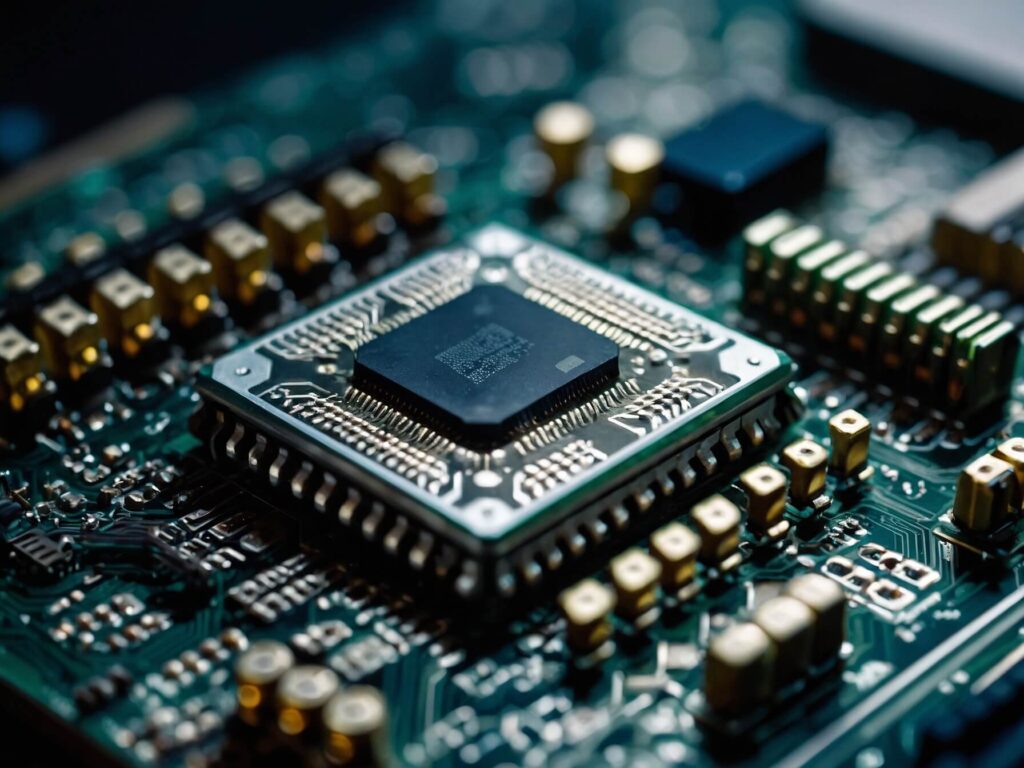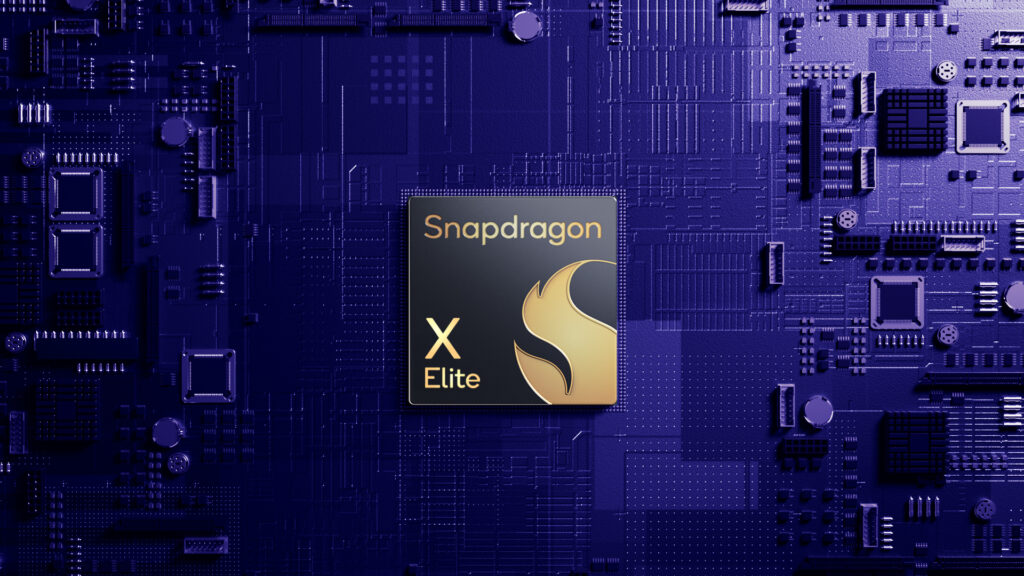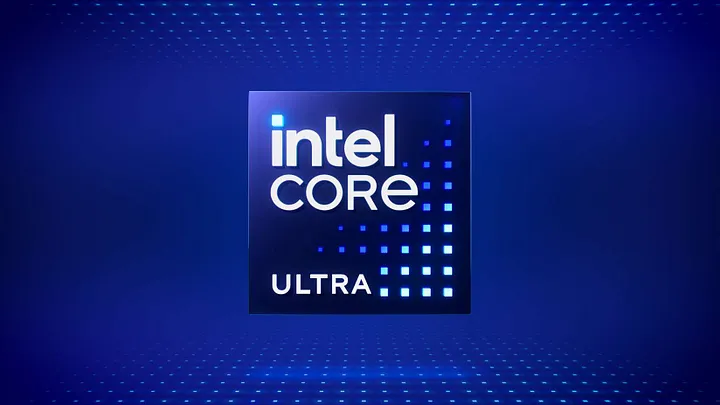Why would I need to buy a new AI PC if I can already run generative AI applications such as ChatGPT on my existing device? This is a key question that PC industry marketers will need to address if they are going to ramp up sales of this new category of systems supporting on-device AI acceleration this year.
It is also the reason why semiconductor companies like Intel and AMD are investing huge resources in supporting ISVs (Independent Software) through their partner programs. Their hope is, of course, that a developer will come up with killer app that will trigger a new wave of desktop and notebook AI PC purchases.
In fact, it is quite possible that this killer app has already been invented in the form of AI personal assistants or agents like Microsoft CoPilot, which is already available to enterprise customers as part of the Microsoft 365 suite for an additional cost as well as on the Microsoft Edge browser.
These AI assistants deliver several important benefits to users such as enhancing productivity by automating routine tasks, providing instant access to relevant information, and facilitating efficient decision-making. They also offer personalized experiences, such as automatically suggesting meeting times that fit your typical work pattern and tailoring your news content based on your interests and priorities. The more the assistant learns about your specific needs, the more diverse and sophisticated the applications and services it provides you will be.
Currently most AI personal assistants operate over the cloud or corporate network. But with their workloads expected to accelerate at a rapid rate as they handle ever higher volumes of data, shifting as much of the processing to the device or system itself makes a huge amount of sense.
Indeed, on-device AI acceleration will allow AI personal assistants like Microsoft CoPilot to operate more efficiently and securely, leading to faster response times because the data does not need to be sent to a remote server, and enhanced privacy because sensitive information is not transmitted over the internet. Other benefits include increased reliability because the assistant can function even when internet connectivity is limited or unavailable.
The AI personal assistant market is already hotting up with major players such as Google and AWS also entering the fray. As AI personal assistants become more integral to our daily lives, they have every chance of becoming the killer app that will drive rapid growth in AI PC demand. Perhaps the only question now is not whether this new category will take off, but how fast.
Gadgets, gizmos, software and devices. I love all technology.



